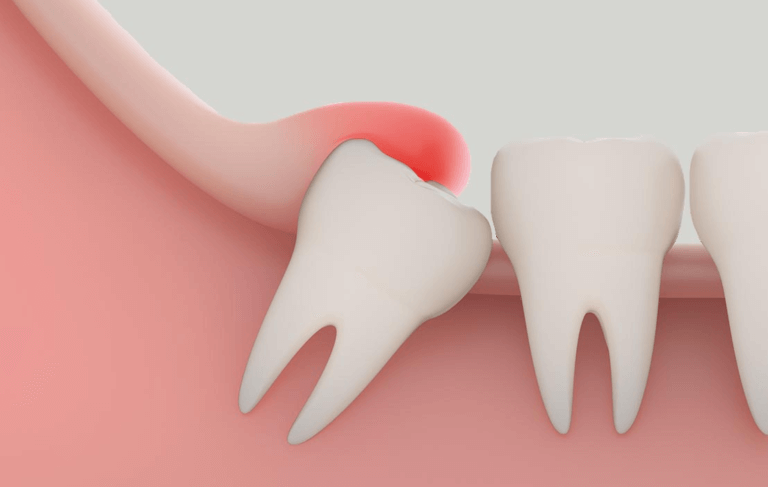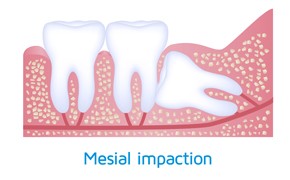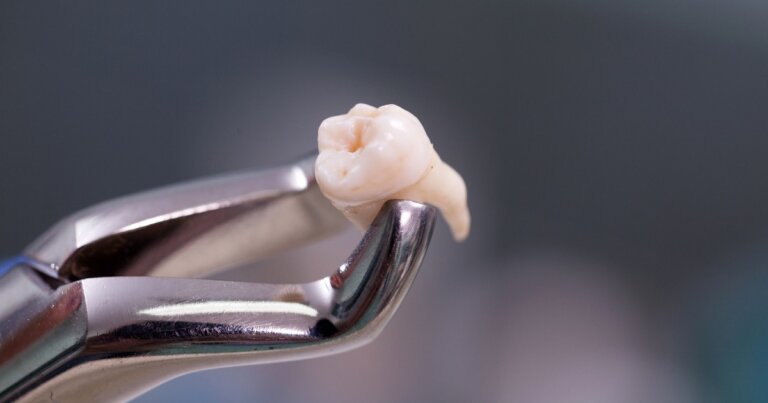Pericoronitis

What Is Pericoronitis?
Pericoronitis is a common dental condition that occurs when the gum tissue surrounding a partially erupted wisdom tooth becomes inflamed and infected. This often happens with wisdom teeth that fail to emerge fully due to limited space in the jaw. The condition is caused by the accumulation of food particles, plaque, and bacteria beneath the gum flap covering the tooth. Pericoronitis can lead to swelling, pain, redness, and even difficulty in opening the mouth. In severe cases, it may result in fever, swollen lymph nodes, or abscess formation. If untreated, the infection can spread, causing more serious health issues.
If you think you might have pericoronitis, it’s important to consult a dentist promptly. Before you contact a Toronto dentist to examine Pericoronitis, there are some things you should know as a patient:
- What Causes Pericoronitis?
- Signs And Symptoms Of Pericoronitis
- Treatment Options For Pericoronitis
- Managing Pericoronitis Until You Can See The Dentist
- Frequently Asked Questions About Pericoronitis
If you have questions about Pericoronitis or other dental problems, please contact us for more information.
What Causes Pericoronitis?
Pericoronitis occurs due to several factors, including:
- Impacted Wisdom Tooth: When wisdom teeth are partially erupted, they create a flap of gum tissue where food debris and bacteria can become trapped.
- Poor Oral Hygiene: Difficulty cleaning the area around impacted wisdom teeth can lead to the buildup of plaque and bacteria.
- Stress or Illness: A weakened immune system caused by illness, medication, or stress can make you more susceptible to infection.
- Trauma to the Gum Tissue: Chewing or biting near the partially erupted tooth can irritate the gum flap and exacerbate inflammation.
By understanding these causes, you can take preventive measures to reduce your risk of developing pericoronitis. If you have further questions about Pericoronitis, please contact us.

Signs And Symptoms Of Pericoronitis
The severity of symptoms can vary, but common signs of pericoronitis include:
- Pain and Swelling: Pain localized near the affected tooth and swelling in the gums.
- Difficulty Opening the Mouth: Swelling can cause trismus, or restricted jaw movement.
- Red or Inflamed Gums: The gum tissue around the wisdom tooth may appear red and irritated.
- Bad Breath or Taste: The buildup of bacteria and pus can cause unpleasant breath and taste.
- Fever and Swollen Lymph Nodes: In severe cases, systemic symptoms like fever may occur.
If you experience these symptoms, it’s crucial to seek dental care to prevent complications like abscess formation or systemic infection. If you have further questions about the signs and symptoms of Pericoronitis, please contact us.
Treatment Options For Pericoronitis
Treatment depends on the severity of the condition. Common options include:
- Professional Cleaning: A dentist may clean the area to remove trapped food particles and bacteria.
- Antibiotics: For more severe cases, antibiotics like amoxicillin or clindamycin may be prescribed to control infection.
- Operculectomy: This surgical procedure removes the gum flap (operculum) covering the tooth to prevent future infections.
- Wisdom Tooth Extraction: If pericoronitis recurs frequently or the wisdom tooth is severely impacted, extraction may be recommended.
Prompt treatment not only resolves the infection but also helps prevent further complications. If you have further questions about treatment options for Pericoronitis, please contact us.

Managing Pericoronitis Until You Can See The Dentist
If you can’t visit a dentist immediately, these tips can help manage symptoms temporarily:
- Saltwater Rinse: Swish with warm salt water to reduce inflammation and bacteria.
- Over-the-Counter Pain Relief: Ibuprofen or acetaminophen can alleviate pain and swelling.
- Cold Compress: Apply a cold pack to the outside of your jaw to minimize swelling.
- Soft Foods: Stick to soft foods like yogurt and soup to avoid irritating the affected area.
These remedies can provide temporary relief, but professional care is essential to treat the underlying issue. If you have further questions about how to manage Pericoronitis, please contact us.
Frequently Asked Questions About Pericoronitis
- Is pericoronitis only caused by wisdom teeth?
Yes, pericoronitis typically occurs around partially erupted wisdom teeth, though it can theoretically affect any partially emerged tooth.
- Can pericoronitis go away on its own?
Mild cases may improve with good oral hygiene, but untreated pericoronitis can worsen and lead to serious complications.
- How is pericoronitis diagnosed?
Dentists diagnose pericoronitis through a clinical examination and, if necessary, dental X-rays to assess the wisdom tooth’s position.
- Can I prevent pericoronitis if I still have my wisdom teeth?
Yes, maintaining excellent oral hygiene and attending regular dental check-ups can help prevent pericoronitis, even if your wisdom teeth are still present.
For professional advice or to book a consultation, contact us at Atlas Dental today. We specialize in managing wisdom tooth-related issues, ensuring your oral health stays on track.

